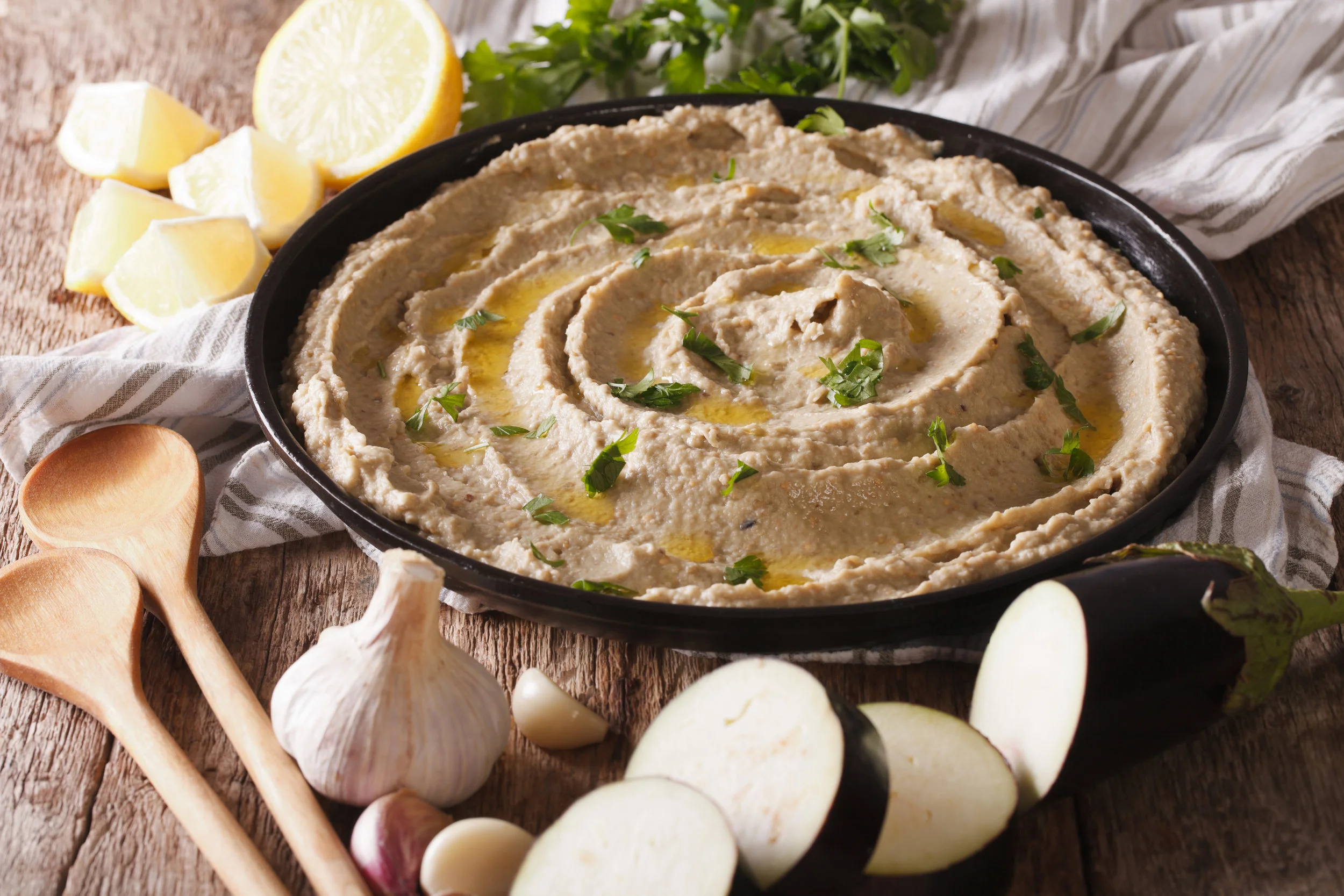Syrian Cooking
Ghinwa's recipes are not only flavorful, but thoughtful - each recipe aims to maintain tradition while using ingredients easily accessible in American markets. A new section on the site is dedicated to recipes for refugees, "to help both the refugees and their hosts navigate their culinary needs in a new country."
The Syrian cooking tradition is one of the oldest in the world. Cooking ingredients are varied and dishes are full of heart flavors and aromatic spices. Vegetables are mostly the main ingredients of Strian everyday cooking. Meat dishes are typically served during feasts and special celebrations. Syrians like to decorate their table with different appetizers and salads. Syrian desserts are stuffed with different nuts, cream, cheese, or dates.
Like many people, I learned authentic Syrian cooking from my mom, and from relatives and friends. I decided to create SyrianCooking.com to share my joy of cooking with others, especially those who have not tried our dishes and long to taste new fresh and healthy flavors.
Akin of Baba ghanouj, Mutabal is an easy light vegetarian dip perfect with meat dishes or on its own. Serve it with olive oil and pita bread/chips.
Ingredients:
1 big eggplant (about 1 pound)
3 tablespoons tahini
¾ cup plain yogurt
1-2 gloves mashed garlic
Salt to taste
2 tablespoons extra virgin olive oil
Directions:
Grill the eggplant without peeling until it is perfectly done and very soft all through. Let it cool completely then peel the skin and chop the eggplant. Let is drain a little if it is too watery. Chopped grilled eggplant freezes well too. You can make several batches and freeze for later use.
In a mixing bowl, add the other ingredients except the olive oil and mix well. Add the eggplant and mix.
Serve with a drizzle or good olive oil and a dusting of paprika, or garnish with parsley.
Mutbal. Photo thanks to SyrianCooking.com and Ghinwa
Arabic Coffee
No morning or gathering is complete in Syria without a strong cup of Arabic coffee, so intense to boost your entire day! It is very similar to Turkish coffee with dark roasted very finely ground coffee beans. Ground cardamom is often added as a flavoring. Sugar is put on the side as an option, although you could ask your guests how sweet they like their coffee. Coffee is served in a small cup with a saucer, similar to that of espresso coffee.
Ingredients (for one cup of coffee):
1 cup of water, measured by the same small cup you are serving with.
1 teaspoon coffee, dark roasted and finely ground
A pinch of ground cardamom (optional)
Sugar (to taste, optional)
Directions:
Measure one cup of water using the cup you are serving with. Boil in a small coffee pot or the smallest pot you have.
When the water boils, remove the pot from the heat temporarily and add the coffee and stir. Do not add the coffee when the water is bubbling, otherwise it will overflow.
Stir and return to medium-low heat while stirring constantly until the coffee starts to boil again. At this point, the coffee is ready for people who like it with froth.
The majority of people like a denser flavor and will continue to let it simmer for a few more minutes until all the froth is gone. Whenever it is about to overflow, take it off the heat and let it settle before returning it to the heat.
Coffee cups are usually served on matching saucers on a tray with a glass of water. The host will serve the guests one by one saying Ahlan wa sahlan (nice to have you here).
photo Eric Barbeau








